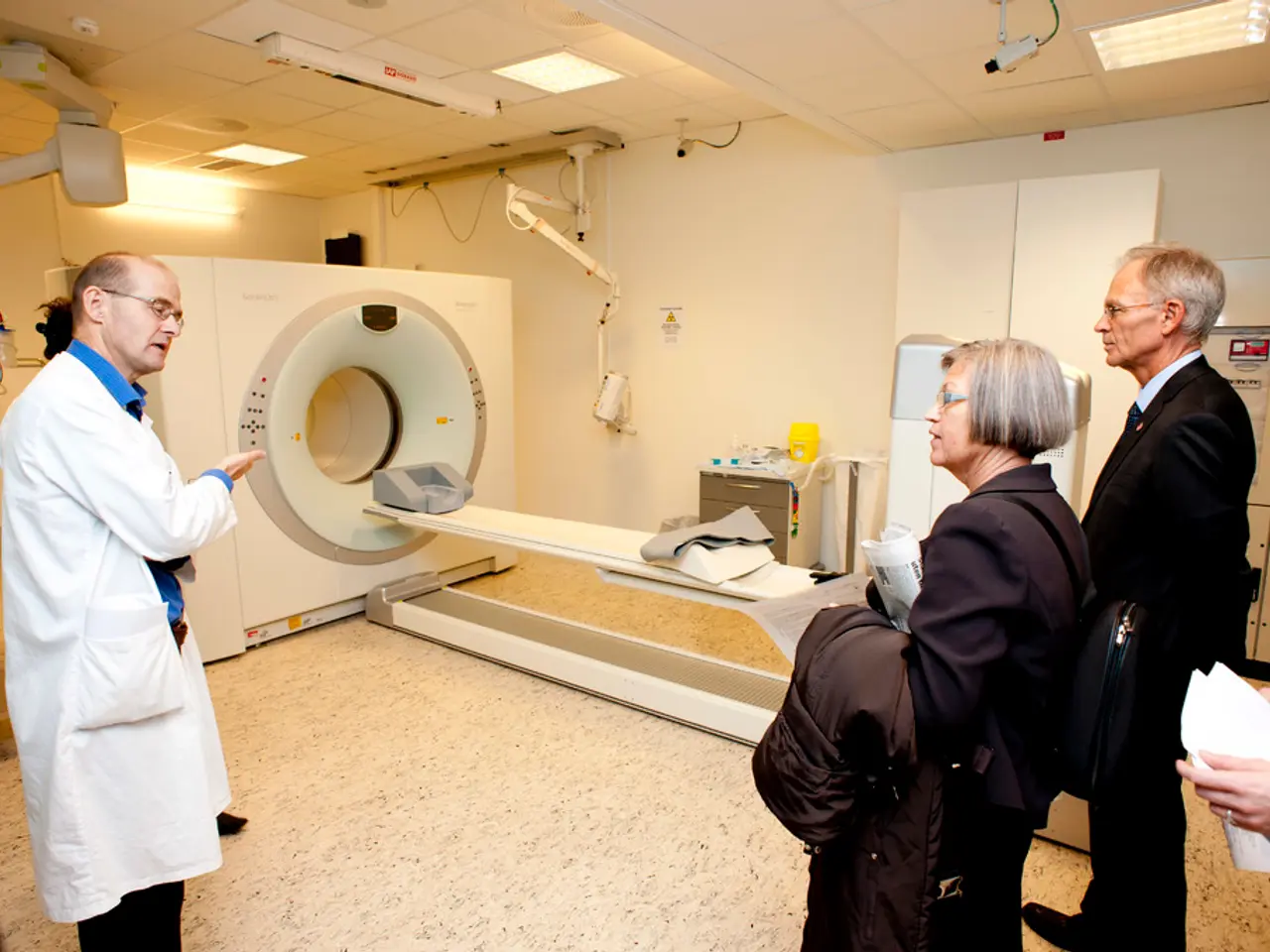Impact of Stress on Cholesterol Levels: Examining the Relationship
Stress, a common part of modern life, can have far-reaching effects on our bodies, one of which is its influence on cholesterol levels and heart health.
Some people's cardiovascular systems react more to stress than others, causing blood pressure to rise more in stressful times. This increase in blood pressure is just one way stress can impact heart health.
Stress can also affect cholesterol levels, both directly and indirectly. In a direct mechanism, stress activates the hypothalamic-pituitary-adrenal (HPA) axis, leading to increased secretion of cortisol. Elevated cortisol can raise blood cholesterol levels by enhancing cholesterol synthesis and altering lipid metabolism. Additionally, stress-induced inflammation and oxidative stress can promote cholesterol accumulation and interfere with normal cholesterol regulation.
The indirect mechanisms are equally concerning. Chronic stress often triggers unhealthy behaviours such as emotional eating, especially of high-fat and high-sugar foods, which contribute to weight gain and dyslipidemia. Weight gain itself can increase cholesterol levels. Stress also raises adrenaline levels, causing higher blood pressure and vascular strain, which indirectly impact lipid metabolism and vascular health.
A 2013 study found a positive correlation between job stress and unhealthful cholesterol levels, while another study published in 2017 found that psychological stress led to higher levels of triglycerides, LDL (bad cholesterol), and decreasing levels of HDL (good cholesterol).
Cholesterol, a fat-like, waxy substance essential for every cell of the body, is produced by the body and taken in through food. Stress can lead to a reduction in physical activity, which in turn can increase cholesterol levels. Dietary changes, such as eating less or more, can also affect cholesterol levels due to the hormonal impact of stress.
Stress can indirectly cause cholesterol levels to rise due to factors like dietary changes, increased alcohol and tobacco use, and reduced exercise. Stress can cause a person to smoke more or return to smoking after quitting, further exacerbating these effects.
In a person with coronary heart disease, mental stress can lead to ischemic heart disease, a condition in which the heart does not receive enough blood. When a person experiences stress, their arteries may become less elastic, making the blood vessels less able to open up in response to stress. This reduced elasticity can increase the risk of a heart attack.
High cortisol levels can increase obesity around the stomach and affect fat in other parts of the body. When stress leads to a reduction in blood supply to the heart, it can increase the risk of a heart attack. Therefore, managing stress effectively is crucial for maintaining heart health.
In conclusion, stress raises cholesterol levels directly through hormonal changes like increased cortisol and inflammation, and indirectly by promoting behaviours and physiological changes that worsen cholesterol profiles and vascular function. It is essential to manage stress effectively to maintain a healthy heart and cholesterol levels.
- Stress, working in tandem with the hypothalamic-pituitary-adrenal (HPA) axis, instigates increased cortisol secretion, which further elevates blood cholesterol levels by fostering cholesterol synthesis and disrupting lipid metabolism.
- In addition, chronic stress propels unhealthy behaviors like emotional eating, frequently of high-fat and high-sugar foods, which contribute to weight gain and dyslipidemia, thereby hiking cholesterol levels.
- Some studies have discovered a positive correlation between job stress and elevated cholesterol levels, while others have reported that psychological stress induces a spike in triglycerides, LDL (bad cholesterol), and a decline in HDL (good cholesterol).
- Beyond dietary fluctuations, stress can indirectly boost cholesterol levels via augmented alcohol and tobacco use, and decreased exercise, which in turn exacerbates such effects on the body.
- On a broader scale, effective stress management is vital for maintaining heart and cholesterol health by curbing unhealthy behaviors, bolstering fitness and exercise, and improving overall health and wellness, including mental health and skin care.




